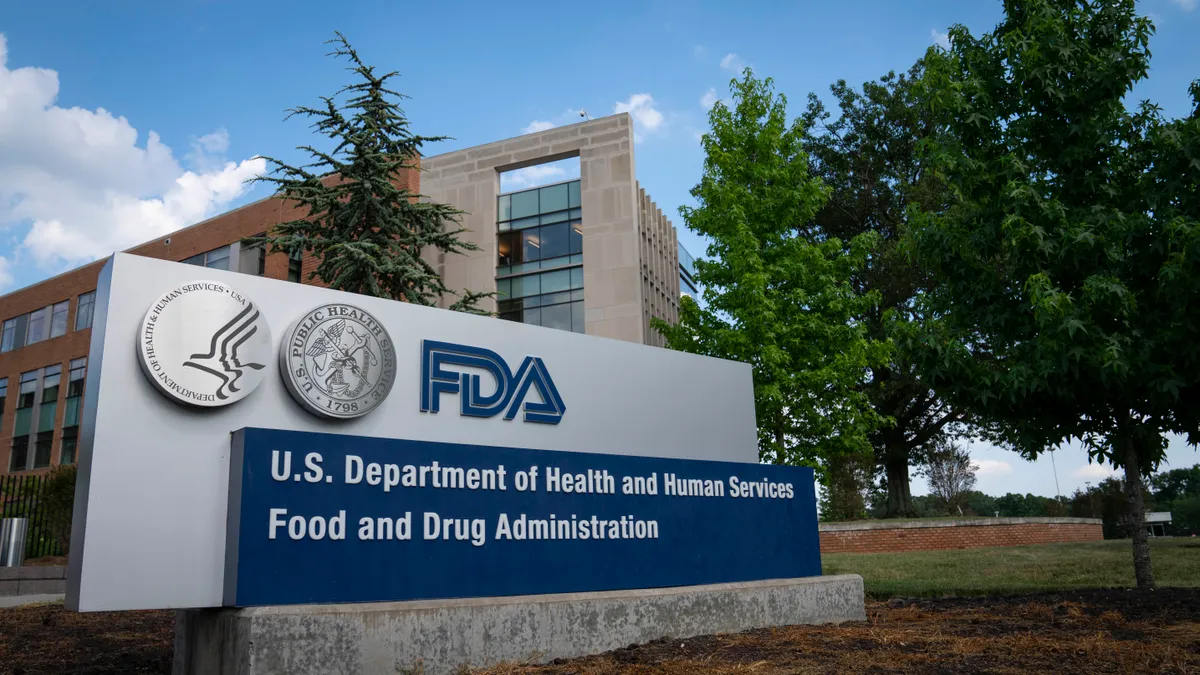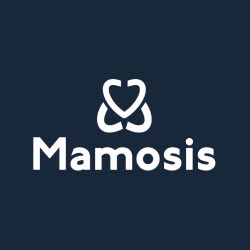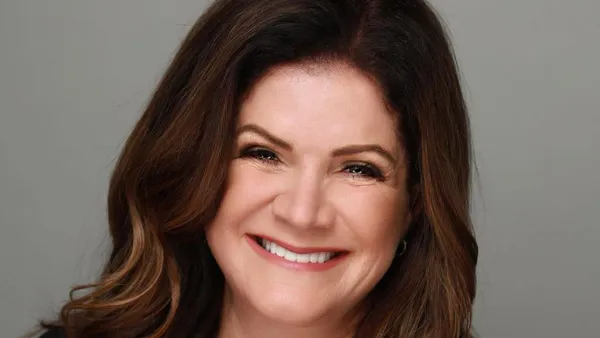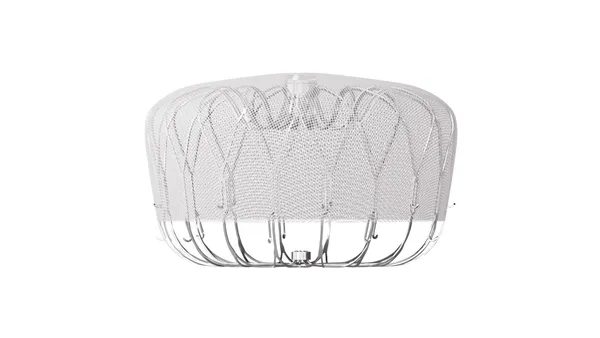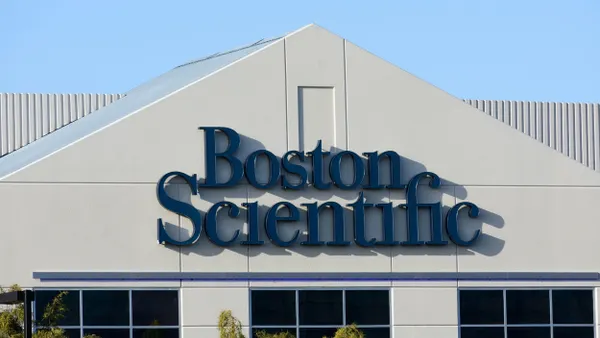Dive Brief:
- Neuronetics received 510(k) clearance to use its transcranial magnetic stimulation (TMS) device to treat adolescents with major depressive disorder (MDD).
- The Food and Drug Administration expanded the label to cover people aged 15 to 21 years after Neuronetics shared real-world data linking its device to clinically meaningful improvements in the severity of depression in 78% of patients, according to the company’s Monday announcement.
- William Blair analysts called the clearance a positive surprise, explaining that the FDA has denied several therapies in the patient population. Neuronetics competes with Brainsway, Apollo TMS, Magstim, Magventure, CloudTMS and Nexstim for the TMS market.
Dive Insight:
Neuronetics told investors on an earnings call in August that it had sent a 510(k) submission to expand the population eligible for treatment with its Neurostar TMS device. However, the company declined to comment on the specifics for competitive purposes.
Neuronetics said on Monday that the FDA has cleared Neurostar for use as an adjunct for the treatment of MDD in adolescents. Neuronetics claimed the clearance makes Neurostar the first and only TMS device approved in the patient population.
CEO Keith Sullivan said in the statement the clearance expands the company’s total addressable market in MDD by 35%.
William Blair analysts welcomed the news in a note to investors on Monday.
“We believe clearance as a first-line therapy in this patient population is a meaningful step in the right direction for both the company and the opportunity, particularly given the limited options for these patients,” the analysts wrote. “With several therapies having been denied within this population, we expect the number of adolescent patients treated with NeuroStar to grow throughout 2024 and beyond.”
Neuronetics reported sales of more than $20 million in the fourth quarter, up 12% year over year. The company shipped 59 Neurostar systems, generating $4.5 million in revenue, and reported almost $15 million in U.S. treatment session revenue. Neuronetics forecasts global revenues of up to $80 million this year.
The company “will be focused on driving even more awareness and education” now that it has the expanded label, Sullivan said.
William Blair analysts wrote that “the majority of payers” reimburse 18- to 21-year-olds, leading Neuronetics to develop “reimbursement education to help support existing practices through prior authorization for patients under 18.”
“While it may take until the end of the year to establish reimbursement in the younger adolescent group, management noted its reimbursement team will work on educating major payers on Neurostar becoming a firstline add-on treatment for the population and work to expand coverage over the coming quarters,” the analysts wrote.

